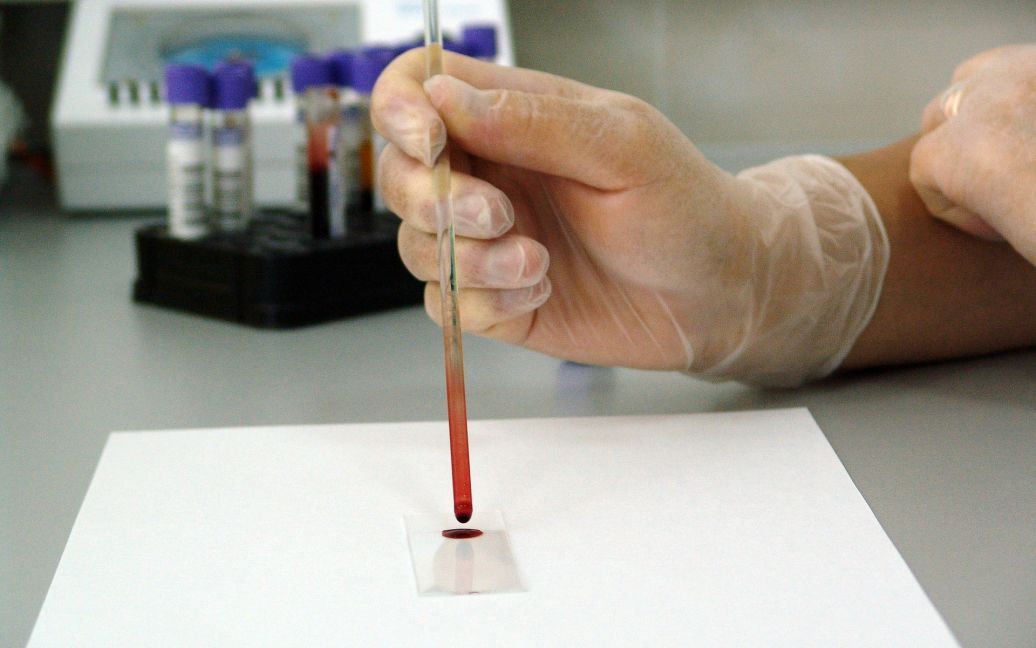According to the researchers, after the discovery, existing drugs can be repurposed to treat rare leukemia.
Scientists have developed a new compound using their discoveries, thanks to which drugs against an aggressive form of cancer can be repurposed. They note that a breakthrough in pharmaceuticals could open a “new era” in treatment.
This is reported in the Independent with reference to research by scientists in Great Britain, namely the Institute of Cancer Research in London and the University of Oxford, who studied the ability of increasing the level of HIF to prevent the progression of AML.
Acute myeloid leukemia (AML), described by researchers as a “virtually incurable disease,” is a cancer that causes the bone marrow to produce large numbers of abnormal blood cells. According to the National Health Service of Great Britain, about 3,100 people are diagnosed with myelogenous leukemia every year in this country.
Research has shown that blocking an enzyme in the body’s cells that responds to changes in oxygen levels can stop the disease from progressing.
“We hope that this study will pave the way for a new era of treatment for AML, and we would like to find out if these treatments can be useful for larger tumors as well,” said Professor Camille Krantz.
In the presence of oxygen, these enzymes, known as hypoxia-inducible factor (PHD) prolyl hydroxylases, become active to target and destroy proteins called hypoxia-inducible factor (HIF).
According to the professor, the therapy of acute myeloid leukemia has practically not changed for several decades.
“There is a huge need to find more effective treatments for this aggressive disease. We have shown for the first time that affecting the pathways our cells use to respond to oxygen levels could provide a new way to treat leukemia without affecting the normal production of blood cells in the bone marrow.” , – Krantz explained.
This research provides important insights into this ecosystem and how cancer uses environmental cues, such as signals related to oxygen levels, to grow and develop.
According to the scientist, the next task of doctors is to bring existing drugs and a new, more selective compound to clinical trials.
“We hope that this study will pave the way for a new era of treatment for AML, and we would like to find out if these treatments can also be useful for larger tumors,” Krantz said.


